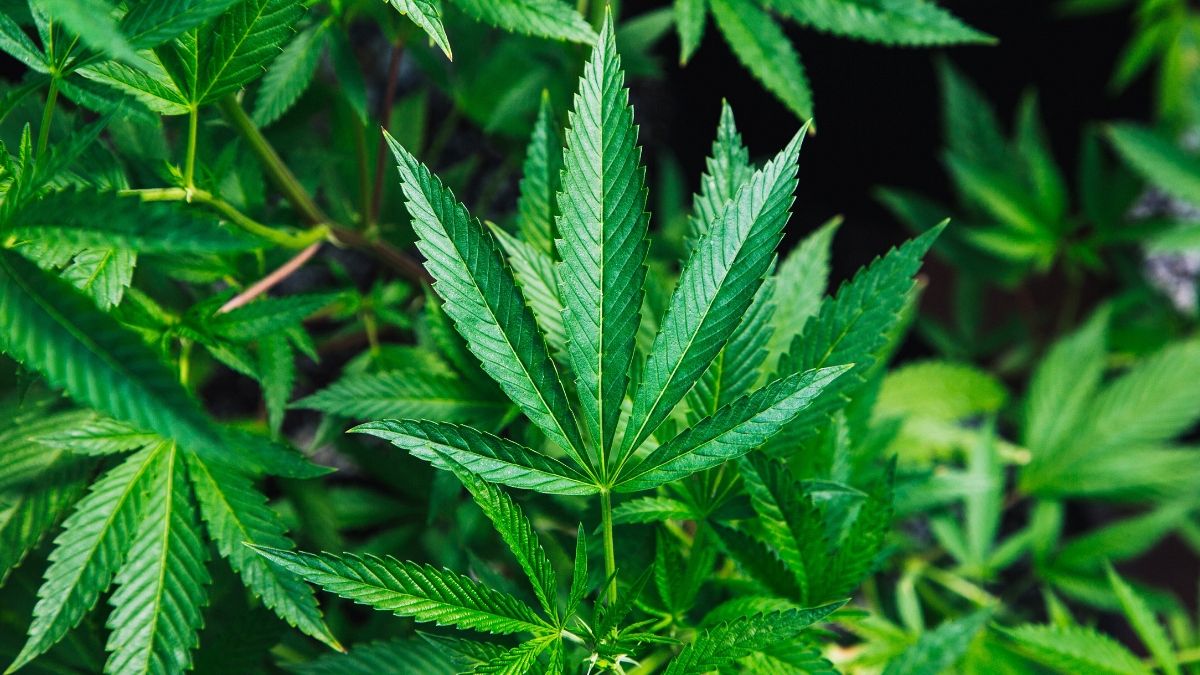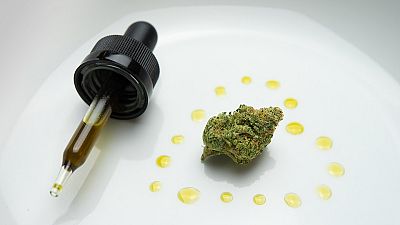We sort fact from fiction.
Hemp seeds have cropped up in a variety of dishes around the world, and are considered by some as the new superfood to watch out for. But as with every superfood, it can be helpful to take a look at its actual health benefits, to separate facts from fiction.
THC in hemp seeds
Hemp seeds are small brownish seeds that come from the Cannabis sativa plant. However, the seeds do not contain the psychoactive compound THC associated with cannabis that people smoke recreationally.
“People often get confused about the psychoactive properties of cannabis. Cannabis sativa is a species of plant, just like roses. And just like roses, different varieties with different traits exist within the species. The industrial hemp type, which is grown for hemp seeds to eat, does not contain THC or very little,” explains Rachel Burton, head of the department of plant science at Adelaide University.
Despite this, hemp seeds have long been banned from countries around the world because of fears they would induce psychoactive states. It’s only recently that restrictions have slowly been relaxed. In Europe, in 2017, a list of authorised hemp seeds was published.
Health facts of hemp seeds
Many people have become interested in adding hemp seeds to their food because they expect a number of health and nutrition benefits. These seeds are indeed rich in protein, fibers, and fatty acids, including omega-3s. “In our diet, we need to include the essential fatty acids that we cannot make ourselves. Only a few plants supply all of the essential acids in one go. Quinoa is one example, but hemp seeds too. Hemp seeds have a good omega 3/omega 6 ratio,” Burton points out.
Such a ratio has been associated with better cardiovascular health, anti-inflammatory properties and improved cognitive function. People tend to eat too many omega-6s and too few omega-3s, so adding hemp seeds to the diet may help restore a balance, and supply the body with the appropriate quantities of fatty acids that it needs to reach these good health outcomes.
Additionally, the fibers contained in hemp seeds may help to promote gut health and stabilise blood glucose levels. “The seeds have hard shells around them, where most of the fibers are. But there hasn’t been a huge amount of research on this. With my colleagues, we want to understand what happens when the hemp seeds get in the digestive system, and how the fibers are fermented, because that’s important for gut health,” Burton says.
The proteins contained in the seeds can also help build and consolidate muscles. These seeds can in fact be interesting to add to a vegetarian or vegan diet, to replace the proteins that can usually be derived from eating meat.
Although the health benefits of hemp seeds sound convincing so far, the scientific and medical communities agree that some things still remain unclear regarding the exact composition and properties of hemp seeds. Hemp seeds may have been consumed by many groups across different regions, for centuries, yet relatively little is known about whether can cause allergies or problems.
“Since all cannabis has long been labelled a drug, no-one has really worked with hemp seeds in terms of finding out more about their nutritive properties. As these seeds grow in popularity and more people start adding them to their meals, we need to become much better at testing them. Quite a few things in the scientific literature appear to be incorrect, so with my team, we are not taking anything for granted. We are starting from the beginning, really working to determine these things,” Burton concludes.
Chances are hemp seeds are a good product, a superfood with real health powers. But it’s important to keep a cautious mind when assessing the health claims that are popularly made about it. A number of these claims have yet to be supported by science.
Writer: Lea Surugue



